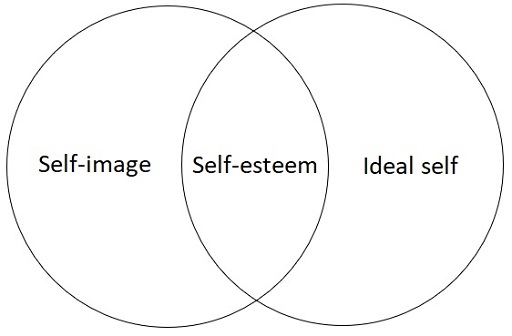1.1 What is self-esteem?
The phrase ‘self-esteem’ is used to talk about the beliefs you have about yourself – what you think about the type of person you are, your abilities, the positive and negative things about you and what you expect for your future.
If you have healthy self-esteem, your beliefs about yourself will generally be positive. You may experience difficult times in your life, but you will generally be able to deal with these without them having too much of a long-term negative impact on you.
If you have lower self-esteem, you may tend to focus on your weaknesses or mistakes that you have made. You may find it hard to recognise the positive parts of your personality. You might talk to yourself in a critical tone that you wouldn’t use with others, or might blame yourself for any difficulties or failures that you have.
Frank (2011) recommends the following ways to improve self-esteem, which echo much of what you are learning throughout this course:
- Eliminate negative self-talk – be careful about how you talk to yourself and avoid being self-destructive. You’ll learn more about positive self-talk in Week 6.
- Recognise strengths – pay attention to and appreciate your strengths rather than focusing on your weaknesses.
- Recognise self-worth – you deserve respect and to be treated well, by yourself and others.
- Accept mistakes – you have flaws and you make mistakes just like everyone else.
- Accept rejection – no-one succeeds at everything and no-one can be liked by everyone!

